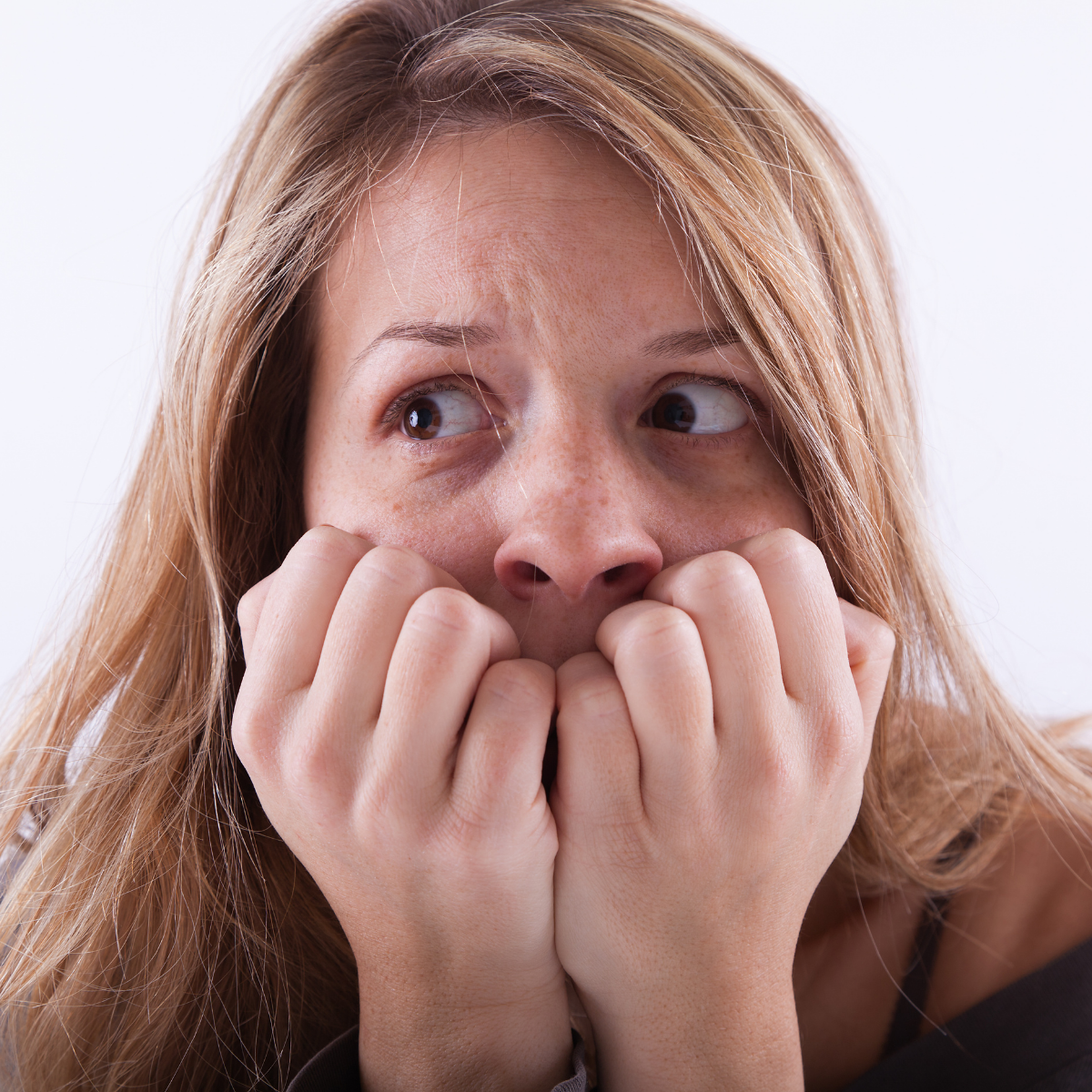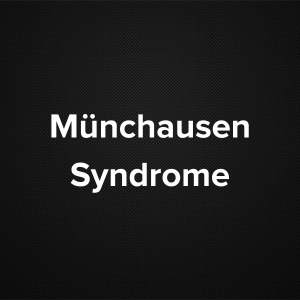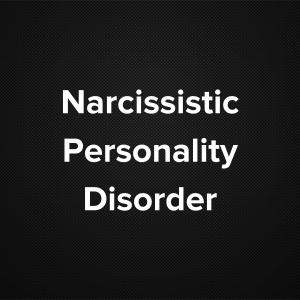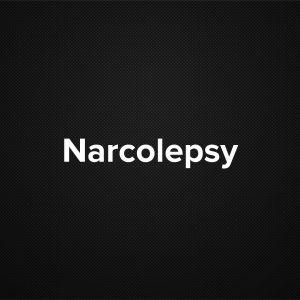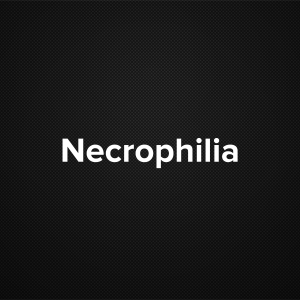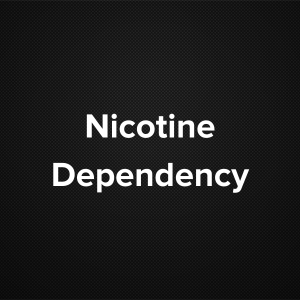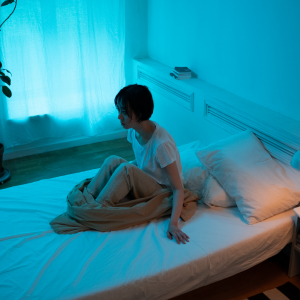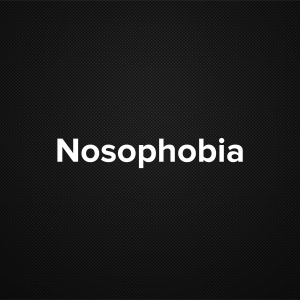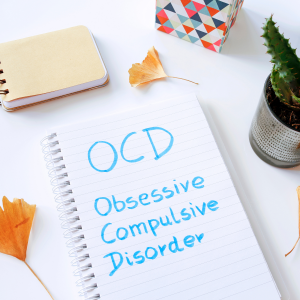Causes and risk factors
The exact cause of separation anxiety is still not clear. It may be seen hereditary or it can be triggered by some changes in environment. E.g.: home, family, school, loss of loves ones etc. It is commonly seen in children who are under the care of family or parents who are over protective.
Clinical presentation
There is continuous brooding over the thought of losing or separating from the attached ones. There persist some negative thoughts that something bad will happen or they will be kidnapped or they can never return back to their loved ones. The person becomes sad. Lack of concentration in work in case of adults or in play in case of children is seen. They become listless and apathic. Social withdrawal occurs. In cases of children their academics is hampered and they often keep complaining or feeling that no one loves them or cares for them. The child can becomes demanding under such circumstances and requires want of attention. Small things can make them angry easily. Irritability increases. In cases of children they may refuse to go to school. While some may actually exhibit physical complaints like fever, headache, nausea, vomiting and pain in abdomen. In adults this not only hampers the work efficiency but also the interpersonal relation is hampered. The person lacks interest in kind of work or pleasurable things. Difficulty in sleeping and night mares is commonly seen.
Investigations:
Diagnosis can be made on the basis of the symptoms narrated by the patients and on the basis of complete psychiatric evaluation. Reviewing of the history is the most essential step. All the details are obtained from the family and friends. Investigations can be advised in cases where the doctor suspects any pathology. Certain criteria have been put forth for diagnosing these are – The complaints should be persistent and must last atleast 4 weeks in children and 6months or more in adults.
Treatment:
Cognitive-behavioral therapy has been identified as an effective treatment for separation anxiety. Behavioral strategies such as modeling, progressive relaxation, role-playing, self-monitoring and reinforced practice is effective in coping the complaints. Support by parents and family is of utmost importance. The child should be encouraged and praised for positive efforts. Firm limits or rules must be set for the child for attending the school or for other activities. Identify the triggering factors and try and allay the anxiety.
Other modes of treatment:
The other modes of treatment can also be effective in treating depression. Homoeopathy is a science which deals with individualization considers a person in a holistic way. This science can be helpful in combating the symptoms.
